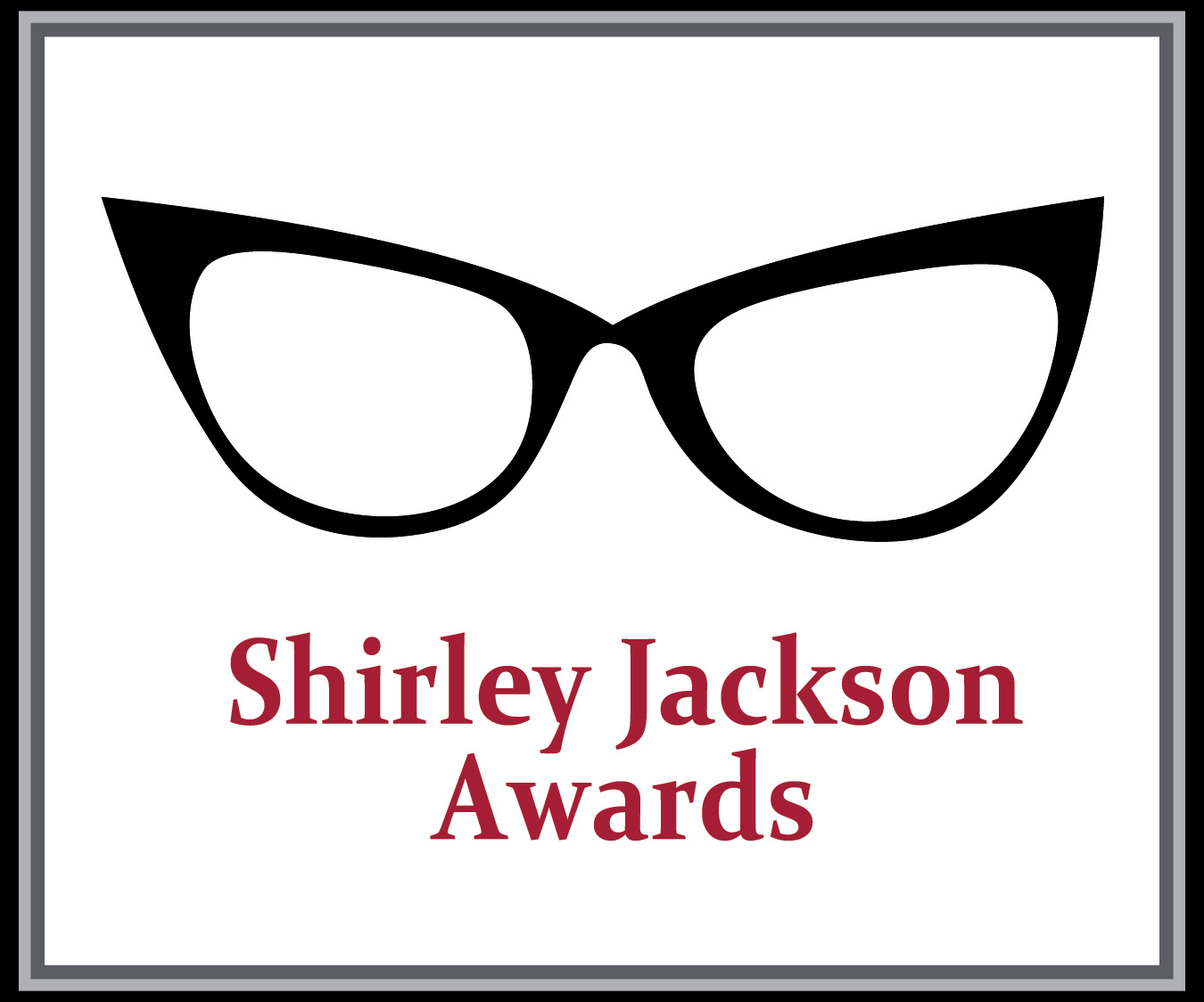Maureen McHugh’s short story “The Memory Book” is a 2013 Shirley Jackson Awards nominee.
Charles Tan: What kind of research did you do for “The Memory Book”?
Maureen McHugh: I was rather intimidated because Ellen Datlow said that she and Terri Windling were thinking about doing a book of Victorian horror stories and I should think about writing one. I don’t usually write historical fiction, although I love to read it. I like the details of life; what someone doodles in their notebook in biology class or the kinds of things that a guy working in IT says joking around with a girl in IT. How would I find out that stuff for a story set in Victorian England?
I started with a book called Inside the Victorian Home by Judith Flanders and built a place in my head. Sean Stewart (Perfect Circle, Mockingbird, and several other good novels) and I talked about it and he told me some wonderful details from Sherlock Holmes. There’s apparently a moment in Sherlock Holmes where Holmes drags Watson to an alley in London and in the middle of the day, dramatically lights a match to reveal something written on the wall. London fog (which we would call smog) was apparently quite a thing.
And of course, there’s the internet. Once I had a place and a character, I started the story, and then as things came up in the story (like a trip to Brighton) I researched more about that.
Charles Tan: How did you develop Laura Anne as a character?
Maureen McHugh: Laura Anne comes from a couple of things. One is this setting. Because I knew about middle class and upper middle class Victorian life, I set my story in that milieu. The other was that I’d worked with a person I believe is a clinical narcissist. The word gets thrown around a lot, but in my life I’ve only known one person like this. (Although I work in Los Angeles where I am told they abound.)
I didn’t understand a lot of the things this person did or why they thought the way they did. They say ‘write what you know’ but I usually write to figure things out. (It doesn’t mean I do figure them out, it just gives me a way to grapple with what I’m trying to figure out.) Laura Anne is impulsive, has difficulty empathizing with others, and is selfish and amoral. Today she’d be diagnosed as…something. I don’t know exactly what.
That kind of character is going to make things happen. All she needs is to want something.
Charles Tan: How did you decide that the scrapbook would be Laura Anne’s source of magic?
Maureen McHugh: Honestly, when I found out that the Victorians were kind of mad for scrapbooking I was charmed and delighted. Scrapbooking is huge right now (huge and denigrated, ‘craft’ rather than ‘art’, a female thing.) I have this love/hate relationship with scrapbooking. Part of me thinks it’s awesome and part of me thinks it’s dorky. I’m not a fan of the prevailing aesthetic and yet, some of the work is really amazing. Imagine Joseph Cornell, the artist who made the little boxes, as a scrapbooker or scraper.
It’s charged for me, so I started with it as a mechanism for a kind of voodoo. It just seemed obvious that what she scrapbooked would come true. And it seemed just as obvious that it wouldn’t necessarily come true in the way she anticipated. (The story of most of our lives. I knew a guy who got a degree in Forestry and ended up an accountant. He was quite fun and funny.)
So it wasn’t quite as much a mathematical equation as it sounds in this, but that’s how this story came together. I found a way into an imaginative version of Victorian life, came up with a character based on my own obsessions, and then gave her the motivation to act. And hoped the whole thing wouldn’t fall apart.
